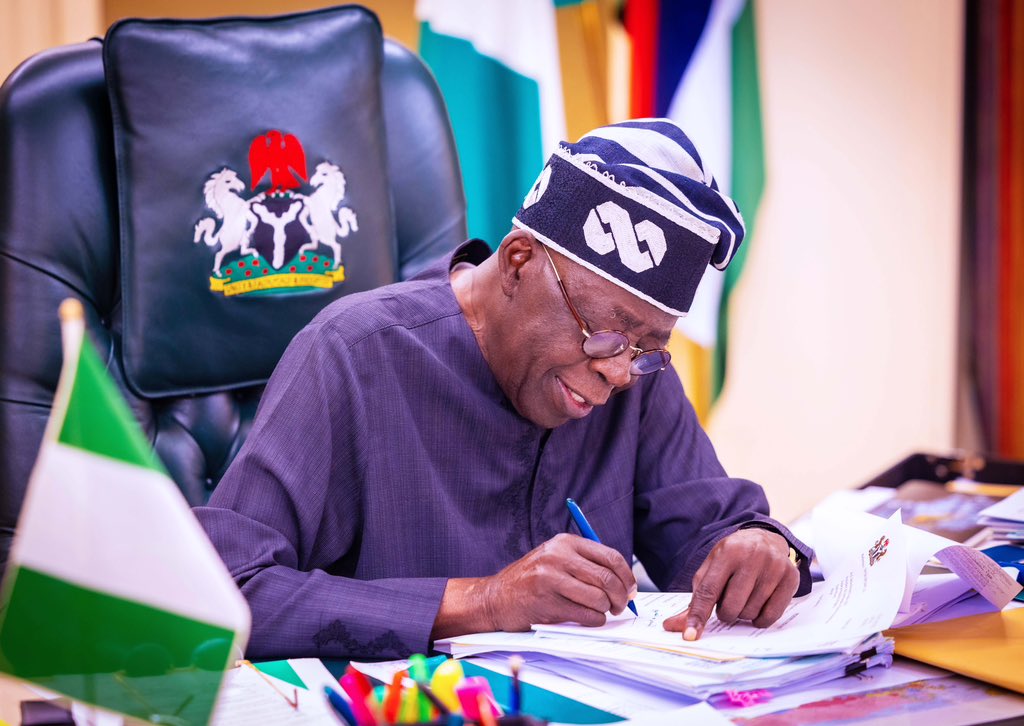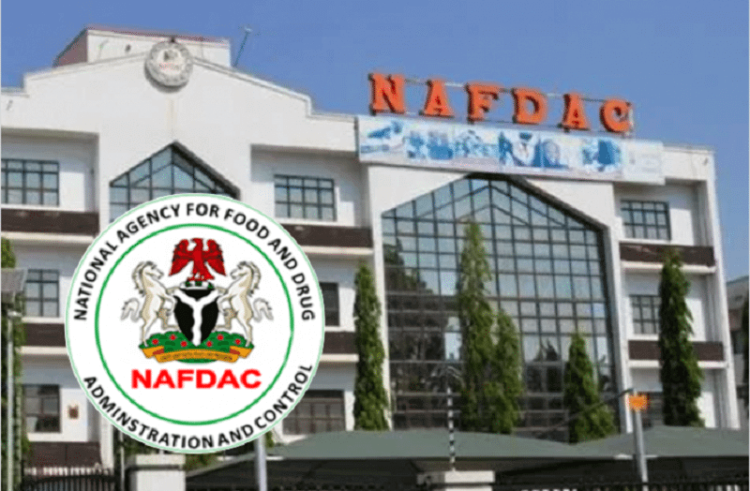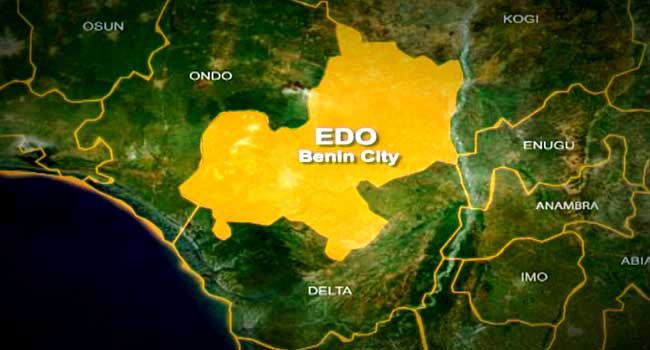The exchange rate of the Nigerian naira improved significantly on September 18, 2024, closing at N1,539.65 against the US dollar at the official Investor and Exporter (I&E) window. This marks a notable 7.05% appreciation from N1,656.49 the previous day, driven by a weakening dollar following a 50-basis point interest rate cut by the U.S. Federal Reserve.
On September 17, the naira had briefly surpassed the N1,600 mark amid heightened market volatility. The recent fluctuations suggest that the naira could further strengthen if favorable market conditions persist, potentially reaching the N1,400 range in the coming days.
During the trading session on September 18, the naira experienced fluctuations between a high of N1,670.00 and a low of N1,530.00 before settling at its closing rate. Market turnover for the day reached $139.48 million, a 38% increase from the previous day’s $100.39 million. However, August’s total market turnover was $3.25 billion, a significant drop from July's $4.34 billion.
In the parallel market, the naira opened at N1,590.01/$1, fluctuating between N1,661.25 and N1,589.11 before closing at N1,639.43/$1. Since mid-July, the naira has remained within the N1,600 range, reflecting ongoing market instability.
Year-to-date, the naira has depreciated by approximately 76%, primarily due to rising inflation and increased demand for foreign currency. Despite these challenges, Nigeria’s external reserves saw a slight uptick, rising from $36.305 billion on August 30 to $36.730 billion by September 10.
The U.S. Federal Reserve’s decision to cut interest rates from 4.75% to 5.00% has contributed to the dollar’s decline against major currencies. Speculation about this rate cut had already affected market sentiment before the official announcement, allowing the naira to gain strength.
However, investors remain cautious about the U.S. economy, and if negative sentiment towards the dollar continues, the naira may further benefit. Improvements in Nigeria’s macroeconomic conditions, such as easing inflation and reduced fuel scarcity, could also bolster the naira's performance.









